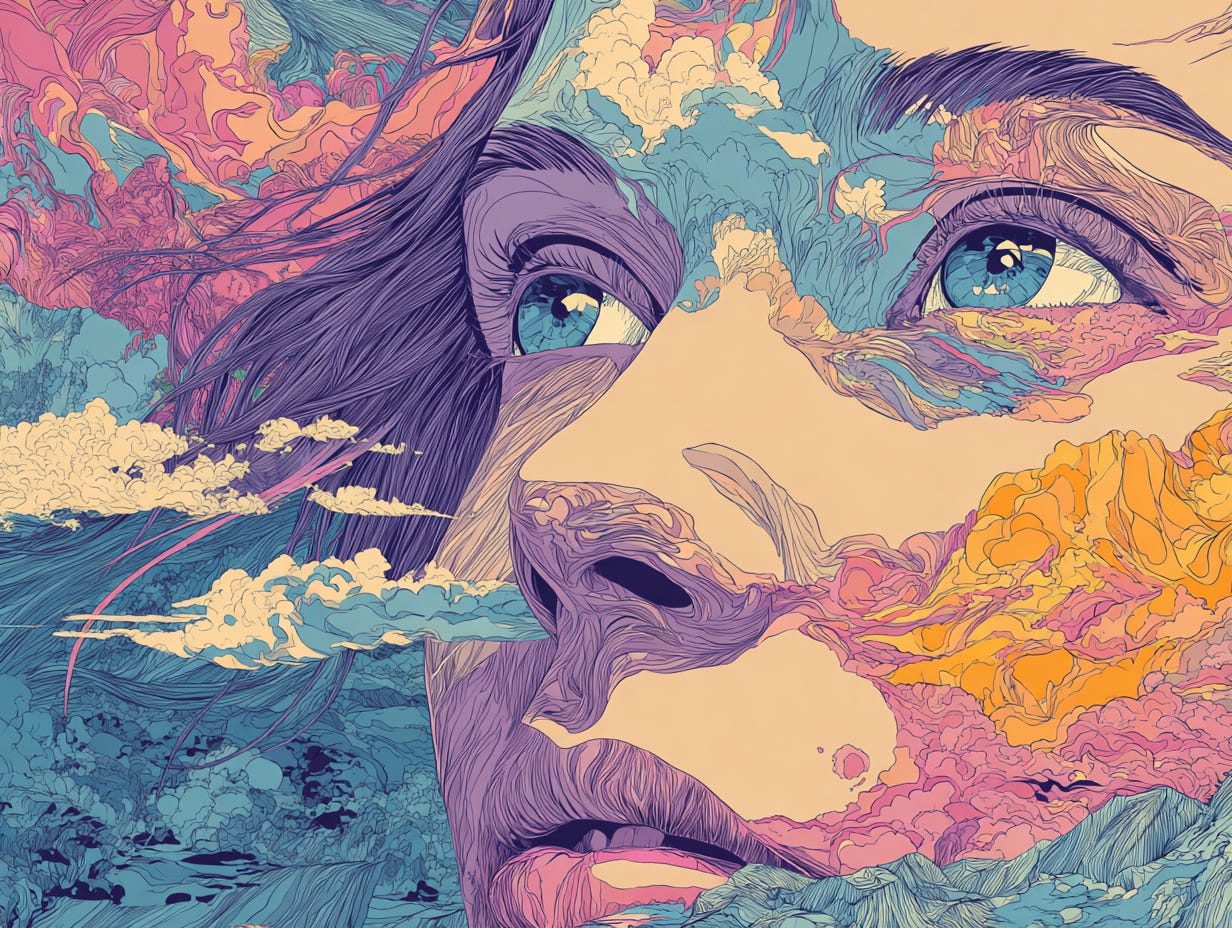Beyond the efficiency trap
AI promised me coffee breaks. Instead, I built more automations than I can count.
I built AI workflows to give me back time and now I'm more addicted to work than ever.
The other day I was sitting at the hairdresser, building a newsletter automation system. Because apparently I can't just sit still for 45 minutes without optimizing something. The hairdresser kept asking what I was working on. "Oh, just building an AI system that reads all my unread newsletters so I don't have to."
Her look: complete confusion.
AI automation doesn't give you more free time. What it gives you is more capacity to do things you previously couldn't imagine doing. Which sounds amazing until you realize you're now doing six times more work because suddenly everything feels possible.
My Gmail has an infinite amount of unread AI newsletters. Each unread email a tiny reminder: You're falling behind. Everyone else is staying current. You should be reading these. Hello FOMO. We subscribe thinking information consumption equals learning and personal growth.
So I built an AI system that reads my newsletters for me. Claude scans my emails labeled "Newsletter research" from the past week, extracts what actually matters for human-AI collaboration work, and creates a personalized documents in Google Drive. Basically, AI to manage information overload about AI. Surely that gives me more time for coffee in the sun, right?
Except now I'm also building content repurposing workflows. And AI experiment trackers. And probably three other systems by the time you read this.
The efficiency gains become possibility addiction. I don't get more coffee breaks. I get more ambitious projects.
The hairdresser automation was simple: Claude + Zapier MCP + Gmail labels = personalized AI newsletter digest. But what started as "saving daily 30 minutes of unproductive FOMO inducing reading time" became "what else can I automate while I'm at it?"
AI doesn't solve our relationship with work. We’ll never get out of the efficiency trap. But what it does is open doors to things we didn’t even know were possible before.
And that’s what makes it so addictive. And fun.


